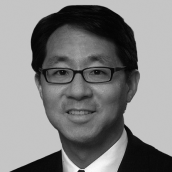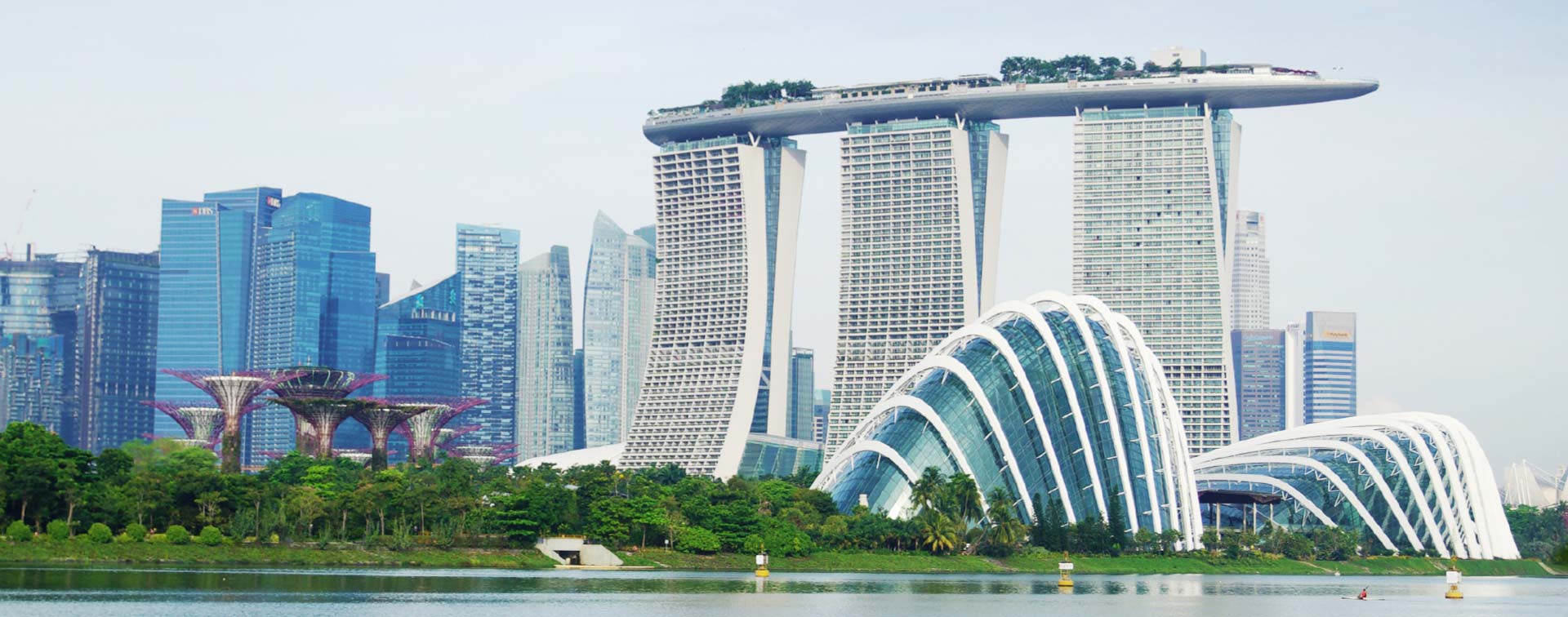
Curtis S. Chin is a former US Ambassador to the Asian Development Bank, the inaugural Asia Fellow of the Milken Institute, and managing director of advisory firm RiverPeak Group, LLC.
Travel is back in Southeast Asia, as nations continue to lift quarantine rules and end Covid-19 testing requirements for almost all international travelers. That’s great news for the millions of people drawn to the region’s business hubs and tourism destinations. And the news is even better for many prospective long-term investors looking to settle outside their own country.
Numerous Southeast Asian nations have put in place, or are recommitting to, pre-pandemic policies to incentivize moneyed migrants and long-term residents. Focused firmly on resilience and recovery in the months ahead, governments have introduced programs that prioritize attracting high-net-worth individuals and global citizens to Southeast Asia, as the ease of mobility grows, and international travel returns.
Southeast Asia’s message is no longer just ‘come visit,’ but for those who meet specialized criteria, it’s ‘come visit, and stay a while.’

By July 2022, much of Southeast Asia had already rolled out the welcome mat to visitors, and several nations including Thailand — home to the one-time top international visitors destination of Bangkok — had begun to think through how to regain the success they enjoyed in pre-pandemic tourism. Covid-19 is increasingly viewed today by governments across the region as an endemic disease that can be lived with. From the tiny city state of Singapore to the region’s largest economies including Indonesia, Malaysia, Philippines, Thailand, and Vietnam, borders are for the most part open.
The pandemic has not been kind to Southeast Asia’s once booming travel and tourism industry, and so it is little surprise that Indonesia — the region’s largest nation by geography, population, and economy — is among those with new initiatives to not just return to pre-Covid-19 times but to also ‘build back better’ and, in essence, ‘bring back better’ with a focus on attracting high-net-worth individuals.
According to the Henley Private Wealth Migration Dashboard — an interactive tool that provides statistics and insights into global high-net-worth-individual migration and private wealth distribution — Indonesia is among the top 10 countries in the world projected to see net outflows of high-net-worth individuals in 2022. At mid-year, only Mainland China, Hong Kong (SAR China), and India were projected to see more net outflows of high-net-worth individuals in Asia in 2022 than Indonesia.
One response: the Indonesian government is going all in with a five-year digital nomad visa program. According to Bloomberg, this initiative serves to “promote its spiritual getaways and booming tech scene to lure longer-staying, high-spending travelers back to its islands.” One possible benefit of the program in development for remote workers and business-leisure travelers is visitors do not have to pay taxes for up to five years if that income is not earned inside Indonesia.
“In the past, the three S[’s] was: sun, sea and sand. We’re moving it to serenity, spirituality and sustainability,” said Indonesia Tourism Minister Sandiaga Uno to Bloomberg TV in noting the special attractions of Indonesia, with the island of Bali featuring as a key focus area. “This way we’re getting better quality and better impact to the local economy.”
In neighboring Malaysia, the government has relaunched its Malaysia My Second Home Program, also known as the MM2H program, as part of resumed efforts to attract investors willing to migrate to the nation — an increasingly available possibility as travel restrictions have been lifted.
According to Kashif Ansari, CEO and co-founder of international real estate group Juwai IQI, the reopening of borders and the resumption of travel is translating into the return of international buyers. By mid-June 2022, The New Straits Times reported that offshore purchases of Malaysian residential properties are expected to return to pre-Covid levels within the next 18 months (by the end of 2023), according to a Juwai IQI survey of nearly 350 real estate agents.
Another major point of attraction for would-be global citizens drawn by Malaysian real estate is the country’s education system, Ansari adds. “In 2019, there were more than 32,000 international students enrolled in Malaysian educational institutions, accounting for about 6% of total student numbers,” he said. Ansari went on to say, “In 2022, the number of international students has reduced by 30% but we believe that it will begin climbing this year, before returning to the pre-pandemic level by 2025.”
And in Thailand, which saw nearly all travel restrictions for visitors lifted at the start of July, the Thailand Elite Residence Program continues to offer successful applicants a Thailand Elite Card and the right to live in the country for up to 20 years. The program recognizes that long-stay markets can contribute greater income to the economy than the general short-stay tourists on holiday in Thailand. The newly launched Thailand Flexible Plus Program targeting high-net-worth individuals also offers international investors the ability to convert their privilege entry visa into a non-immigrant (B) visa, enabling them to apply for a work permit.
It is not just wealthy would-be investor migrants from Europe and the USA being targeted, as Covid-19 has shifted travel and migration patterns.
A new Thai government initiative is targeting investors from nearby Cambodia, Laos, Myanmar, and Vietnam to invest in real estate. It is especially encouraging the participation of businesspeople from China who have naturalized elsewhere, according to Ratchadawan Loetsilathong, vice-president of administrative and corporate affairs and acting president of Thailand Privilege Card Co. (TPC).
According to the Bangkok Post, Ratchadawan notes that due to rigid travel restrictions in mainland China, some Chinese investors have opted for naturalization in Cambodia and Myanmar where they have businesses. This move makes it easier for them to continue business trips without obstacles. Other target markets include investors from Abu Dhabi and Dubai in the UAE, and from Japan, which includes the large and emerging market of 35- to 40-year-old Japanese individuals.
TPC also reportedly sees high potential among Japanese individuals for the long-stay segment after working with Japan’s Long Stay Foundation, a government agency helping Japanese retirees seeking a second home or retirement overseas. Japan is the fifth-largest market for Thailand Elite Card membership following China, Britain, the USA and France.
In two of the region’s other large economies, the Philippines Special Investor’s Resident Visa and the Vietnam Investor Visa continue to provide residence options for those with money to invest. Southeast Asia’s smallest nations also reflect the diversity of options for those seeking to invest in and move to the region. The international financial hub of Singapore has long attracted investors, wealth managers, private bankers, and the global elite.
By mid-2022, Singapore was already projected to lead much of Asia and all of Southeast Asia in attracting high-net-worth individuals. According to the Henley Private Wealth Migration Dashboard, the city state is likely to see a net inflow of some 2,800 high-net-worth individuals in 2022, a number exceeded only by those drawn to Australia and the UAE.
A key attraction remains the Singapore Global Investor Program, focused on attracting wealthy foreign entrepreneurs and investors who are interested in making substantial financial investments in Singapore and who wish to make the city their home. With little official fanfare given the sensitivities involved, Singapore is also attracting growing numbers of global citizens who might have once called Hong Kong (SAR China) home.
Even Cambodia is on the move, as Southeast Asia competes to attract investors and long-term residents while the pandemic recedes. According to media reports, Cambodia has launched a residence program to encourage foreign investment into the country. The Cambodia My 2nd Home (CM2H) program promoted under the Ministry of Interior features a 10-year-long golden visa with unlimited entry and exit and other benefits.
The requirements for CM2H visa applicants are that they must be foreign investors with an investment capital of no less than USD 100,000 in Cambodia, own a real estate project in Cambodia, and be citizens of a country that is recognized by the Cambodian government. No academic qualifications or language proficiency are required, and there is no application fee.
While concerns understandably continue worldwide over possible new variants of Covid-19, the Southeast Asian region is moving forward. Dr. Parag Khanna, an American specialist in geopolitics and globalization as well as a Singapore-based global citizen, tells me that “Southeast Asia is undeniably underway to join China, India, the USA, and the EU among the top five anchors of the global economy. The region is attracting not only massive investment but also talent.”
Khanna, whose latest book is Move: The Forces Uprooting Us, added that “Singapore and Thailand in particular now offer a strong range of investment migration schemes that are attracting entrepreneurs, family offices, and digital nomads.”
Having proved their macroeconomic stability during the worst of the pandemic to date, Southeast Asian nations with their “strong commitment to enhancing physical and social infrastructure,” Khanna says, “have come out of the pandemic eager to reform and attract investment.” That is all the more reason that more and more high-net-worth individuals on the move may well find not just a visit but also a long-term stay and a second home in Southeast Asia on their agenda.
The welcome mat awaits.